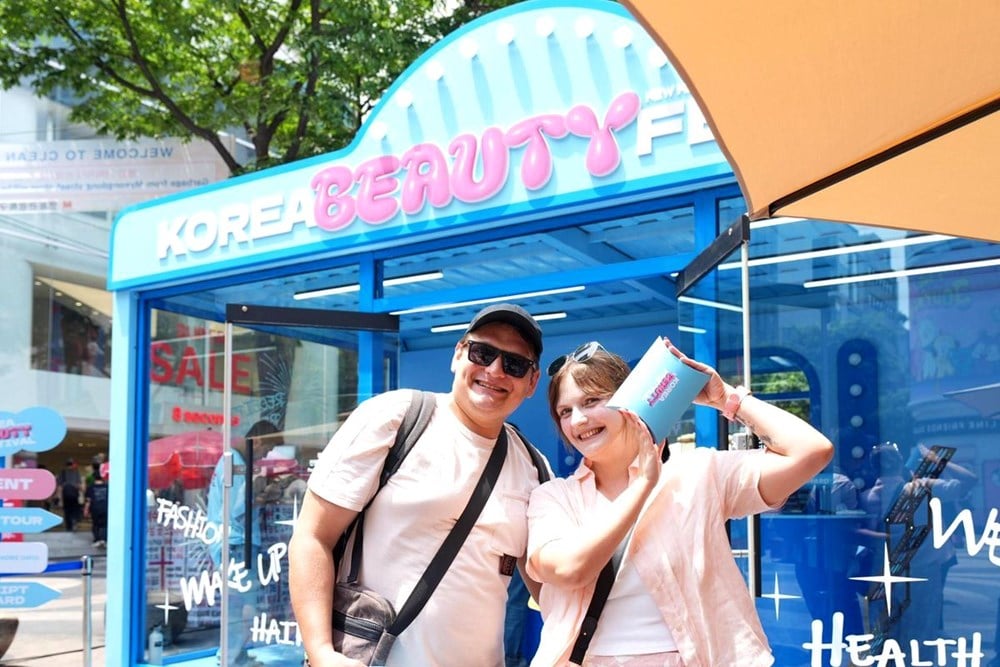
K-beauty is a global phenomenon
Korea also shows dynamism in its strategy to conquer the world with the power of cultural industry combined with tourism and cosmetics.
K-beauty is no longer a trend, but is becoming a strategic pillar in the economic - cultural - soft diplomacy development policy of the land of Kim Chi.
Since around 2010, K-beauty has spread globally with revolutionary products such as: Cushion, sheet mask, essence, 10-step skincare... creating a "fever" in the US, Europe, Southeast Asia and the Middle East.
Nowadays, customers in Paris, New York or Dubai know brands such as: Innisfree, Laneige, Dr.Jart+, Sulwhasoo... something that not many Asian countries can do, except Japan.
Korean cosmetic companies invest heavily in R&D, especially in the fields of biotechnology, stem cell cosmetics, fermented cosmetics, and regenerative medicine cosmetics.
The world's fastest new product launch rate, averaging only about every 3 months, helps K-beauty always keep up with and even shape global trends.
In addition to selling cosmetics, Korea also "sells a lifestyle": clear "glass skin", light makeup, and the charisma of Hallyu artists who always appear with a perfect appearance.
Tourists no longer come to Seoul just for sightseeing, but to experience beauty, from cosmetic surgery, spa to health check-ups and in-depth beauty consultation, creating a model of "beauty tourism " with a strong K-style.
K-beauty nationalization strategy
The South Korean government has officially included K-beauty as part of its national cultural industry strategy, alongside K-pop, movies and food.
Beauty festivals such as: Korean Beauty Festival, K-beauty tourism promotion program, cosmetic tours for international visitors, cooperation with airlines, e-commerce platforms... are implemented synchronously and methodically, demonstrating the mindset of "exporting beauty culture".
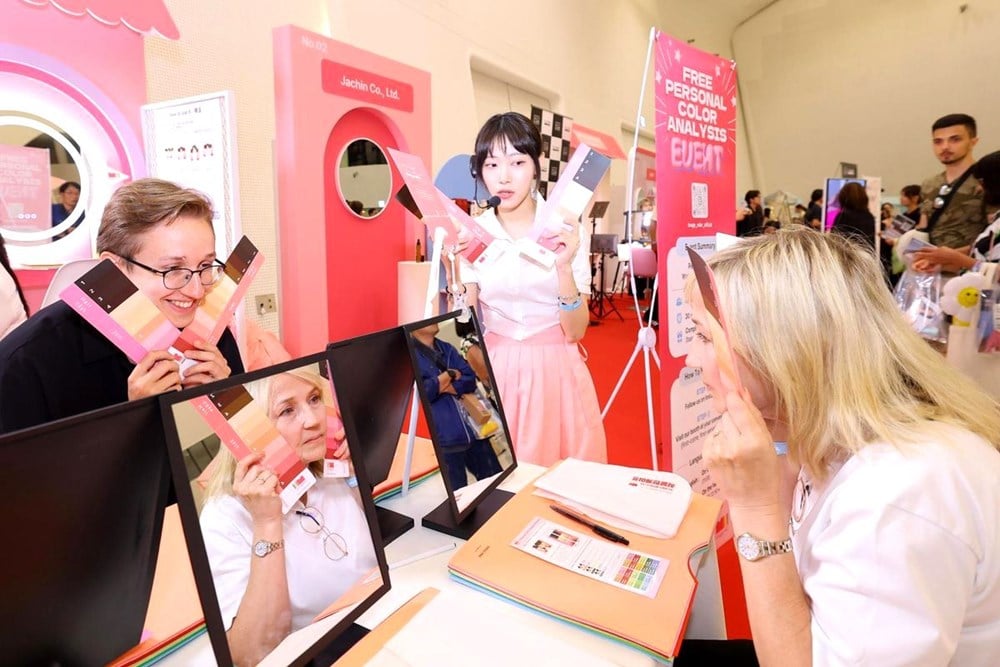
Korean Beauty Festival 2025
On August 5, the Korea Tourism Committee (VKC) informed that the Korean Beauty Festival attracted a record 145,000 visitors from 151 countries during the month of the event.
The month-long event (from mid-June to July) was organized by the Ministry of Culture, Sports and Tourism, VKC and the Korea Tourism Organization, and the number of international visitors increased by 30% compared to last year.
527 companies participated (128 more than in 2024), creating a vibrant trading ecosystem between cosmetics brands, travel businesses and retailers.
Activities such as personal color analysis, wearing hanbok, medical care experiences (eye exams, ear treatments, etc.), beauty product demonstrations, etc. all take place at Seoul's hot spots such as Gangnam, Dongdaemun, Myeong-dong, Hongdae, Seongsu, etc., turning the city into a "living museum" of K-beauty.
The festival center attracted more than 72,000 visitors, while other promotional locations welcomed more than 56,000 people.
The discount airfare and theme tour campaign helped sell 149,000 tickets and over 8,300 K-beauty travel packages. Nearly 600 B2B meetings generated over 100 contracts, worth over 3.16 billion won ($2.3 million).
Despite its great success, K-beauty still shares the crown with long-standing cosmetic and beauty centers. France is still the capital of high-end cosmetics and perfumes, with brands such as Chanel, Dior, Lancôme, Guerlain, having a long tradition and a solid position in Europe and America.
America leads in market value, owning the world's largest cosmetic corporations such as Estée Lauder, Procter & Gamble, with bold, sharp makeup trends.
Japan, a rival "shoulder to shoulder" with Korea in Asia, stands out with its sophistication, focus on long-term skin care, with brands such as: Shiseido, SK-II, Clé de Peau Beauté.
However, while France and the US hold the high-end market, South Korea has the edge in innovation, speed of market adaptation and the ability to spread popular culture, especially to the global younger generation.
However, South Korea still builds national soft power by affirming its leading position in the world in beauty and cultural industries.
South Korea is now the most influential beauty hub in Asia and is shaping global beauty trends. They are not only leaders in products, but also in thinking, experience and lifestyle.
K-beauty is a cosmetics industry and also a comprehensive cultural industrial strategy, where beauty is linked to tourism, to media, to popular culture.
A closed ecosystem is formed, where each product is a "cultural ambassador", each festival is a national promotion platform and each tourist is a channel to spread K-style globally.
South Korea is not the only world leader, but it is certainly the leading country in shaping trends and inspiring beauty in the 21st century.
Source: https://baovanhoa.vn/van-hoa/kbeauty-but-pha-nho-ket-hop-cong-nghiep-van-hoa-du-lich-my-pham-158968.html


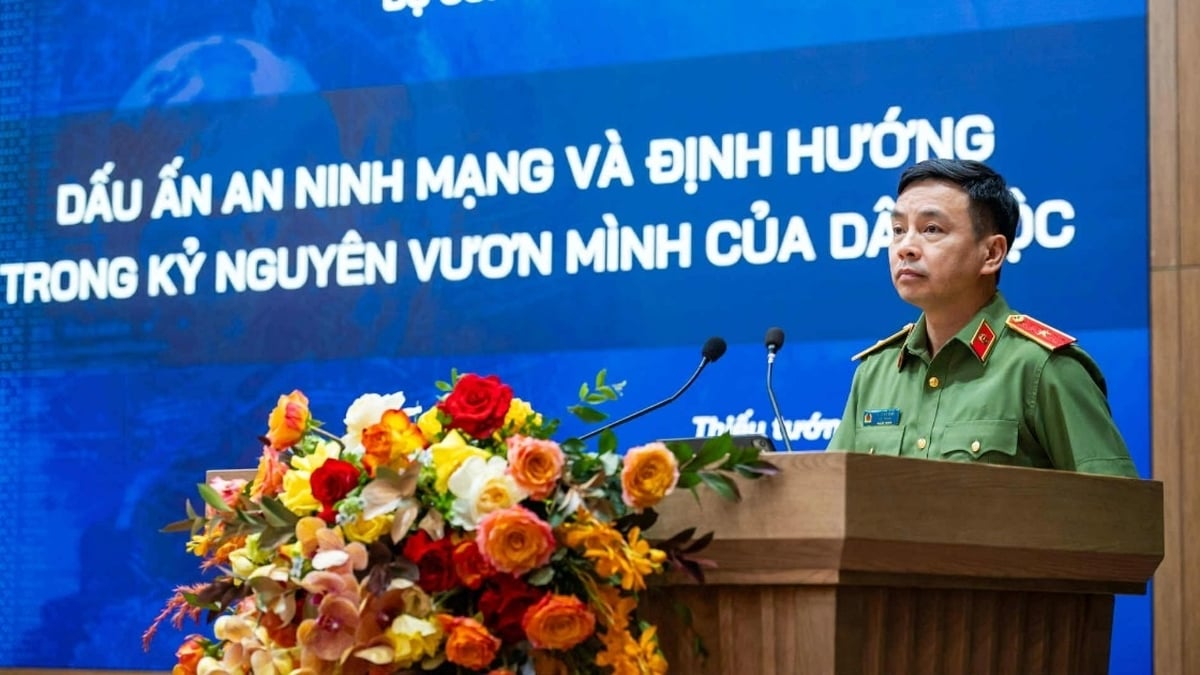
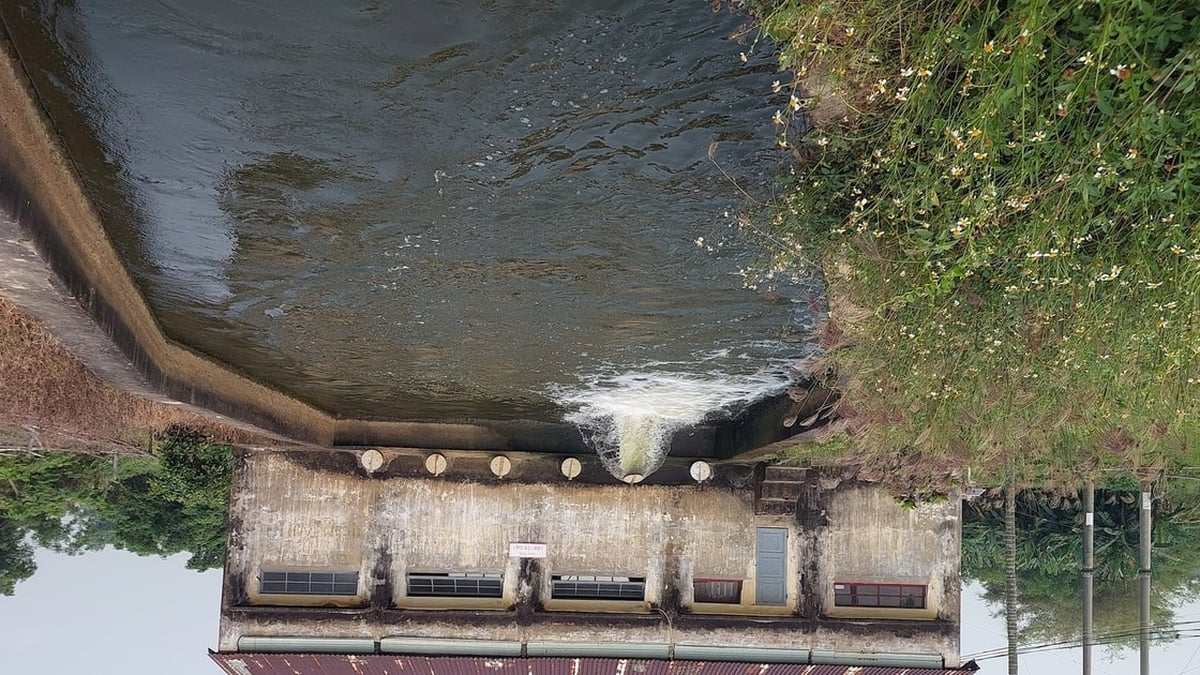
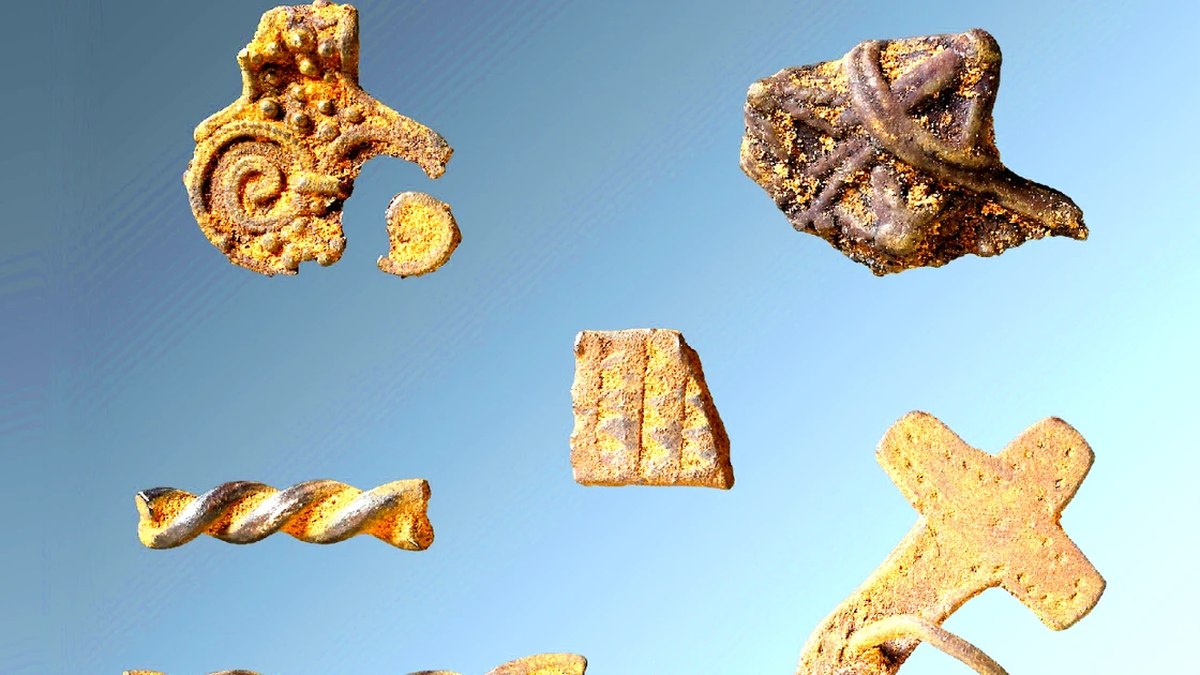
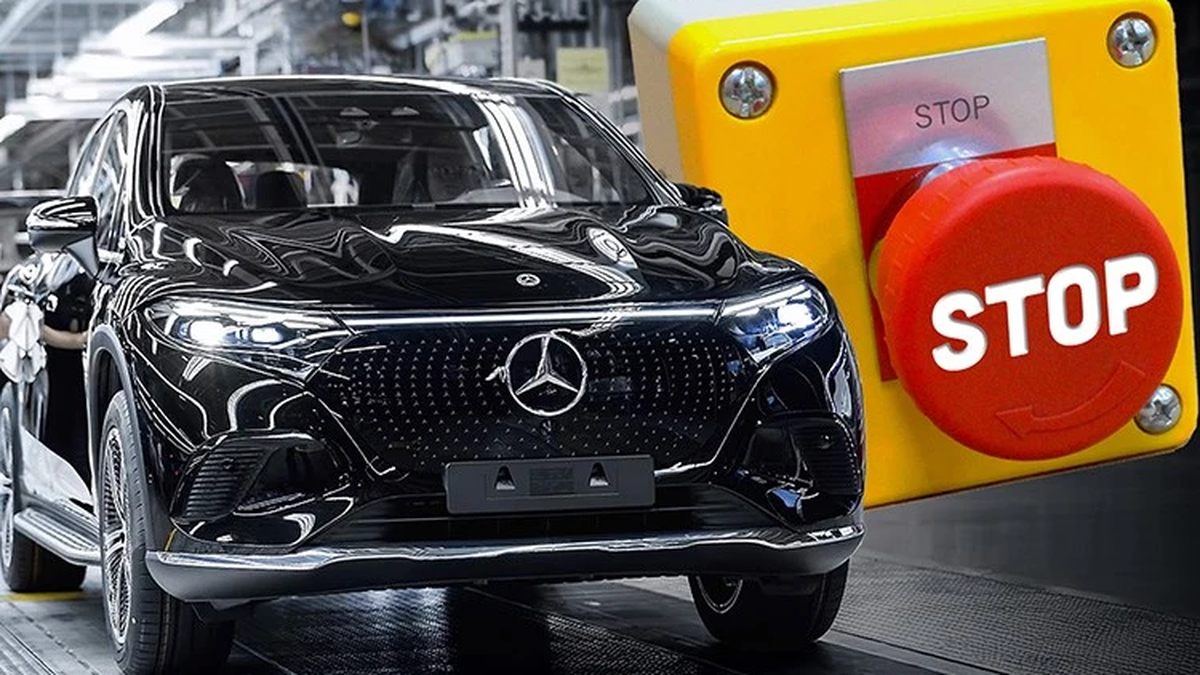



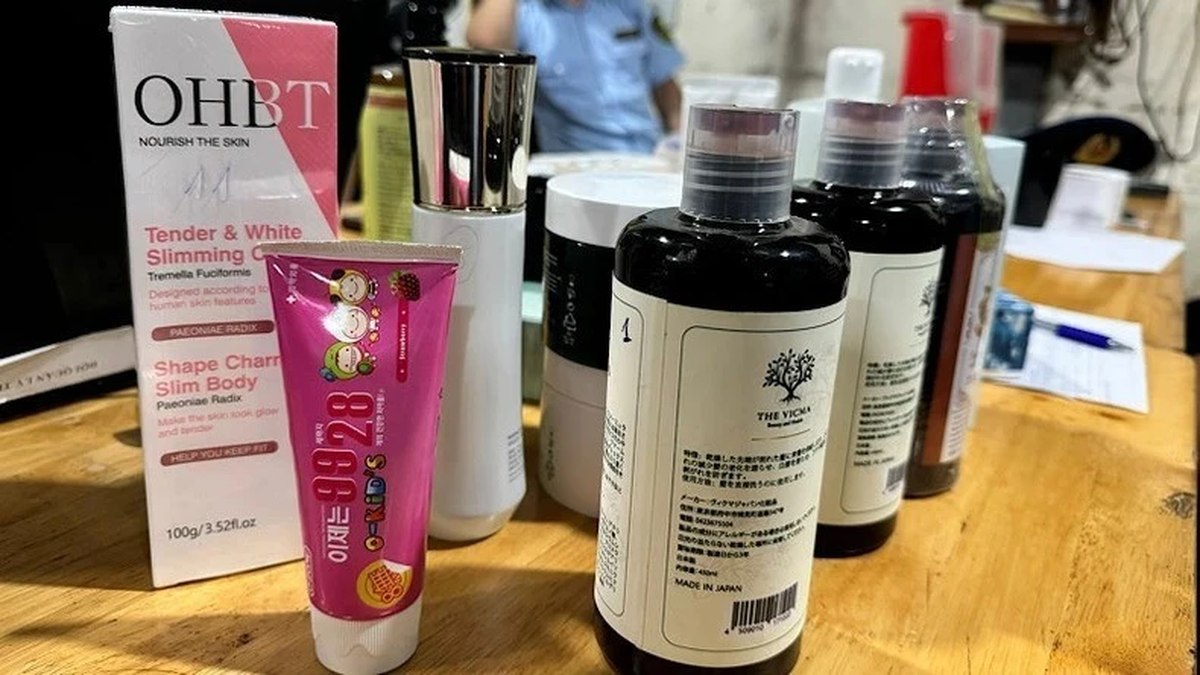
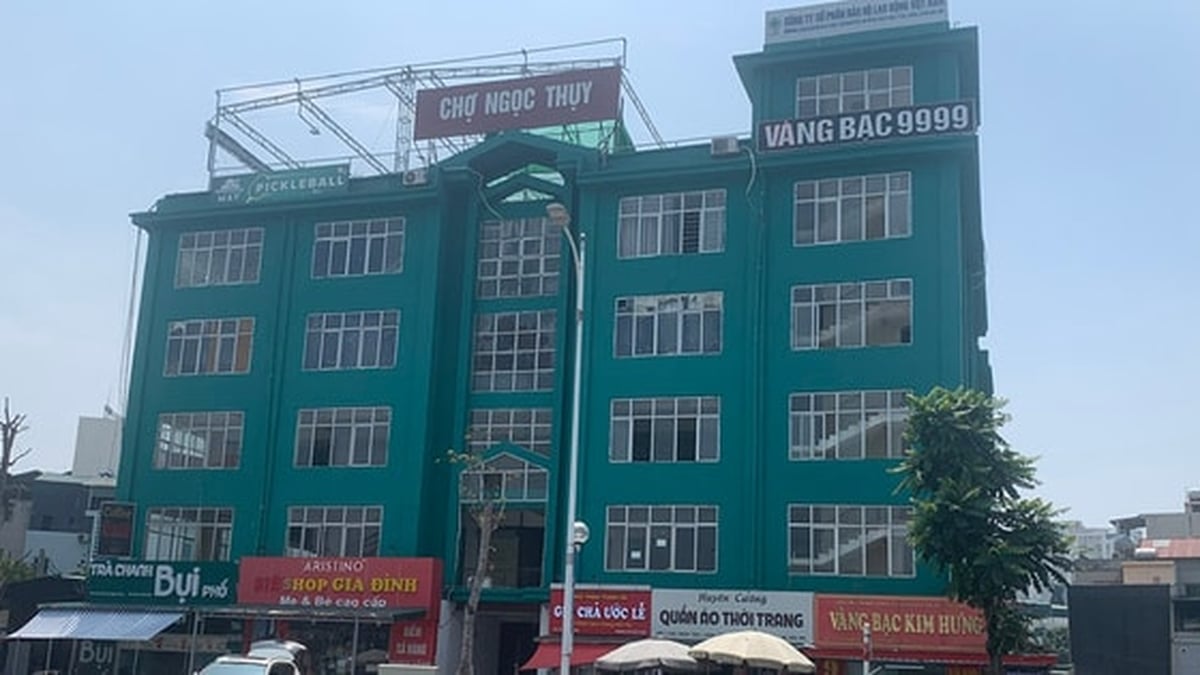
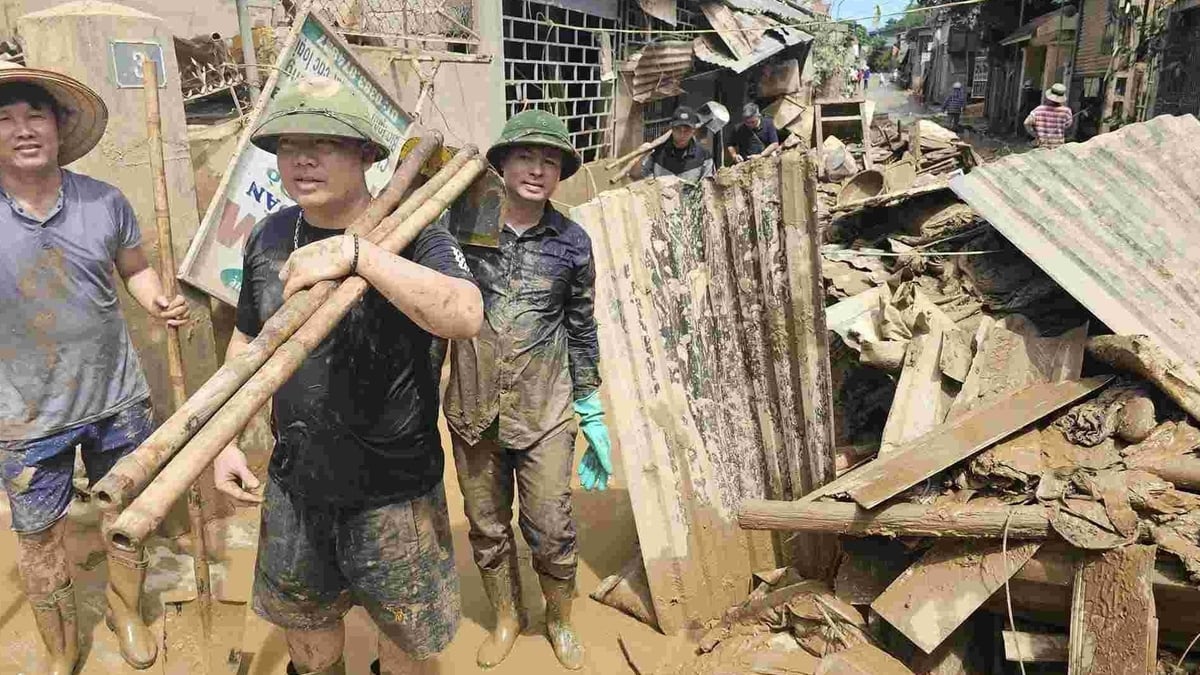












![[Photo] Nghe An: Provincial Road 543D seriously eroded due to floods](https://vphoto.vietnam.vn/thumb/1200x675/vietnam/resource/IMAGE/2025/8/5/5759d3837c26428799f6d929fa274493)






























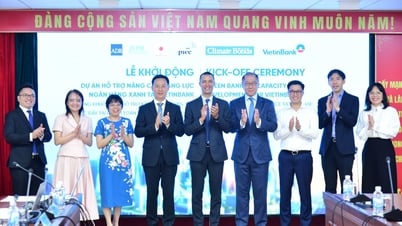






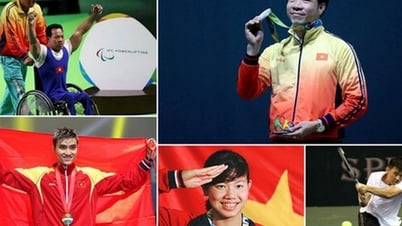

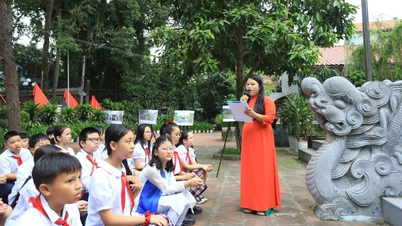



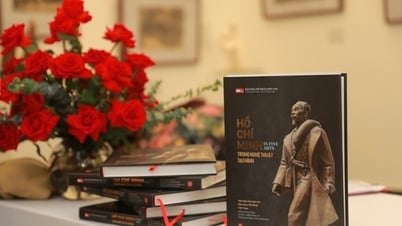


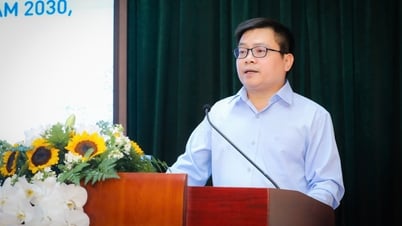



















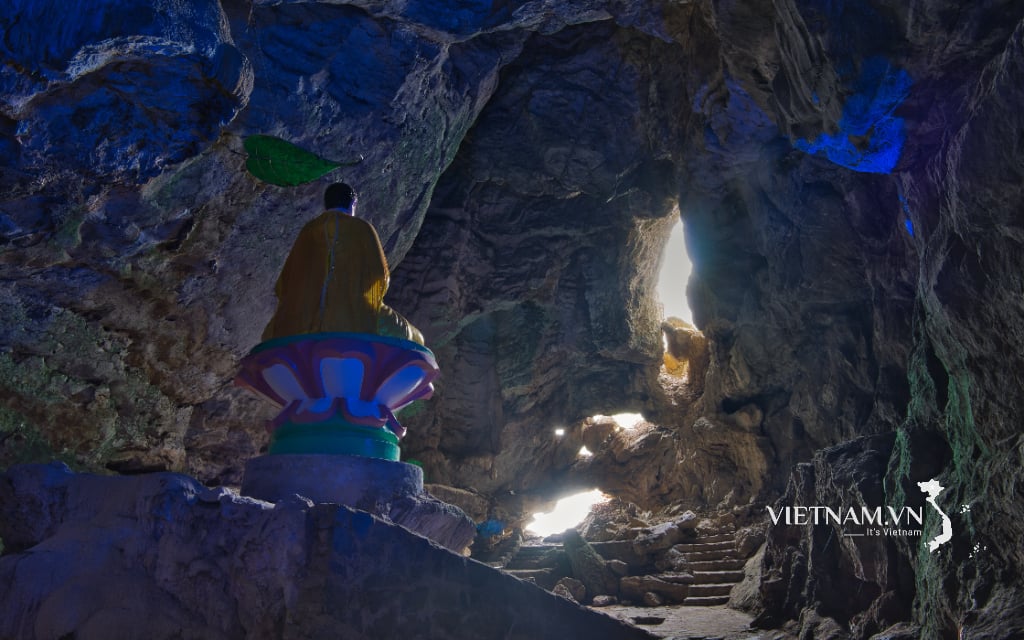
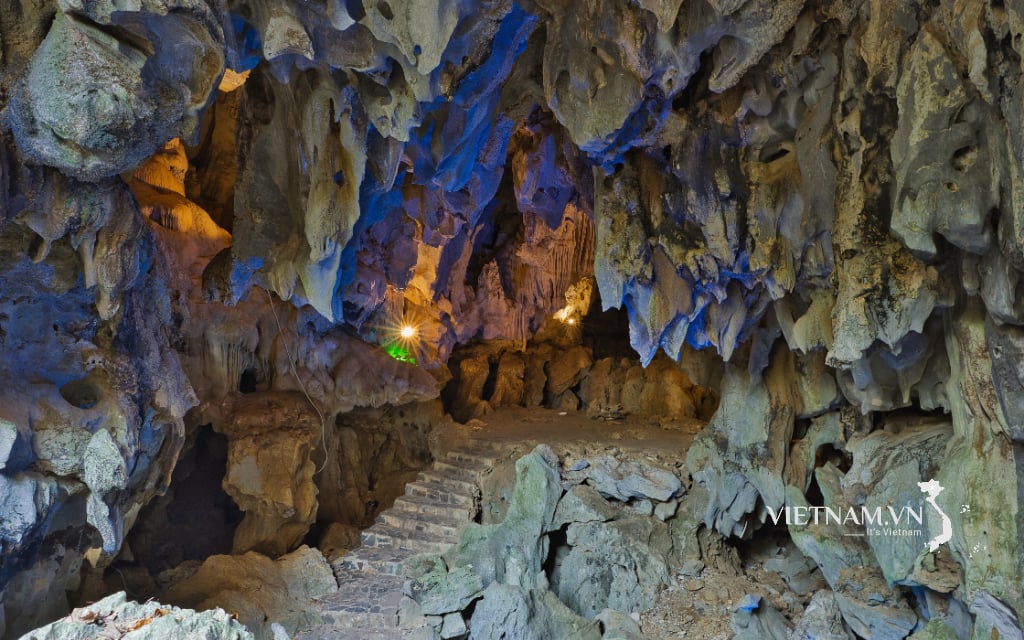
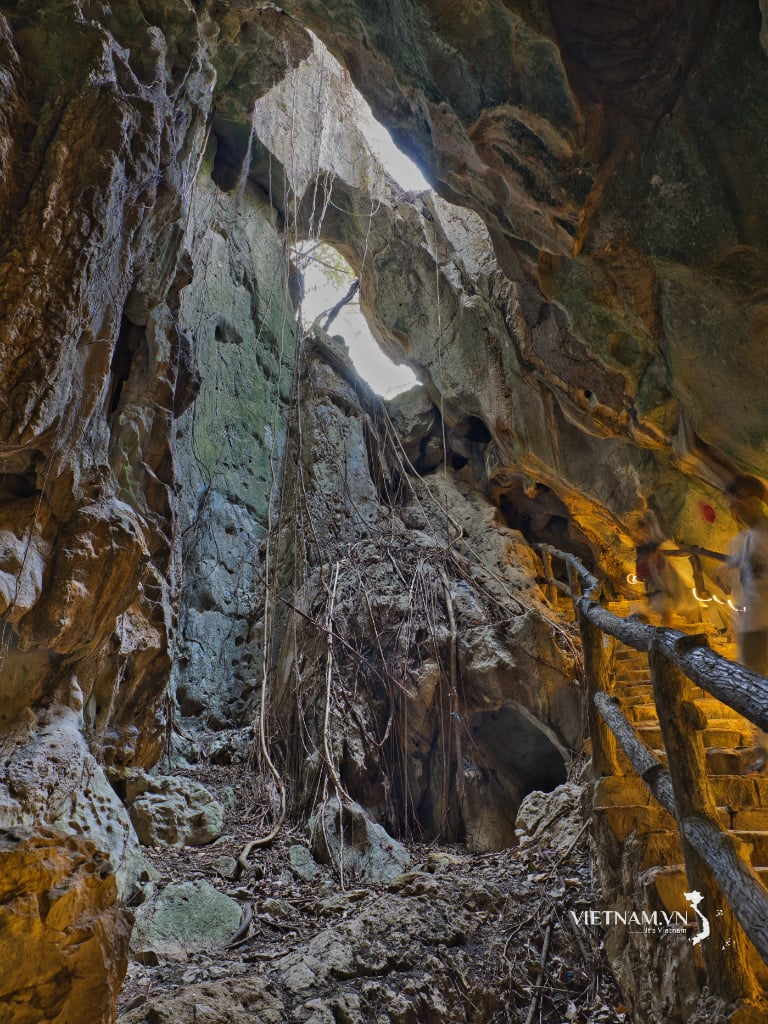

Comment (0)